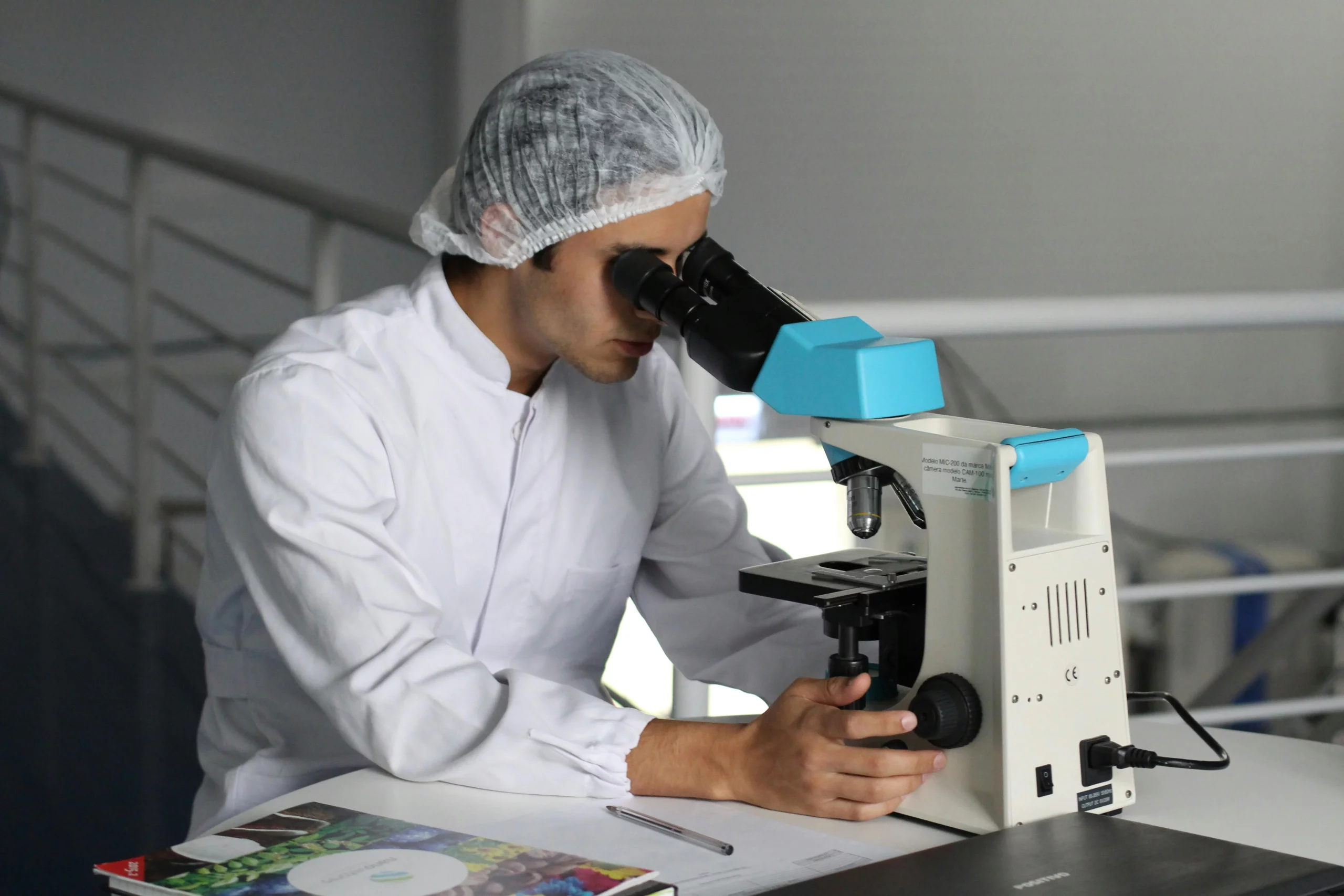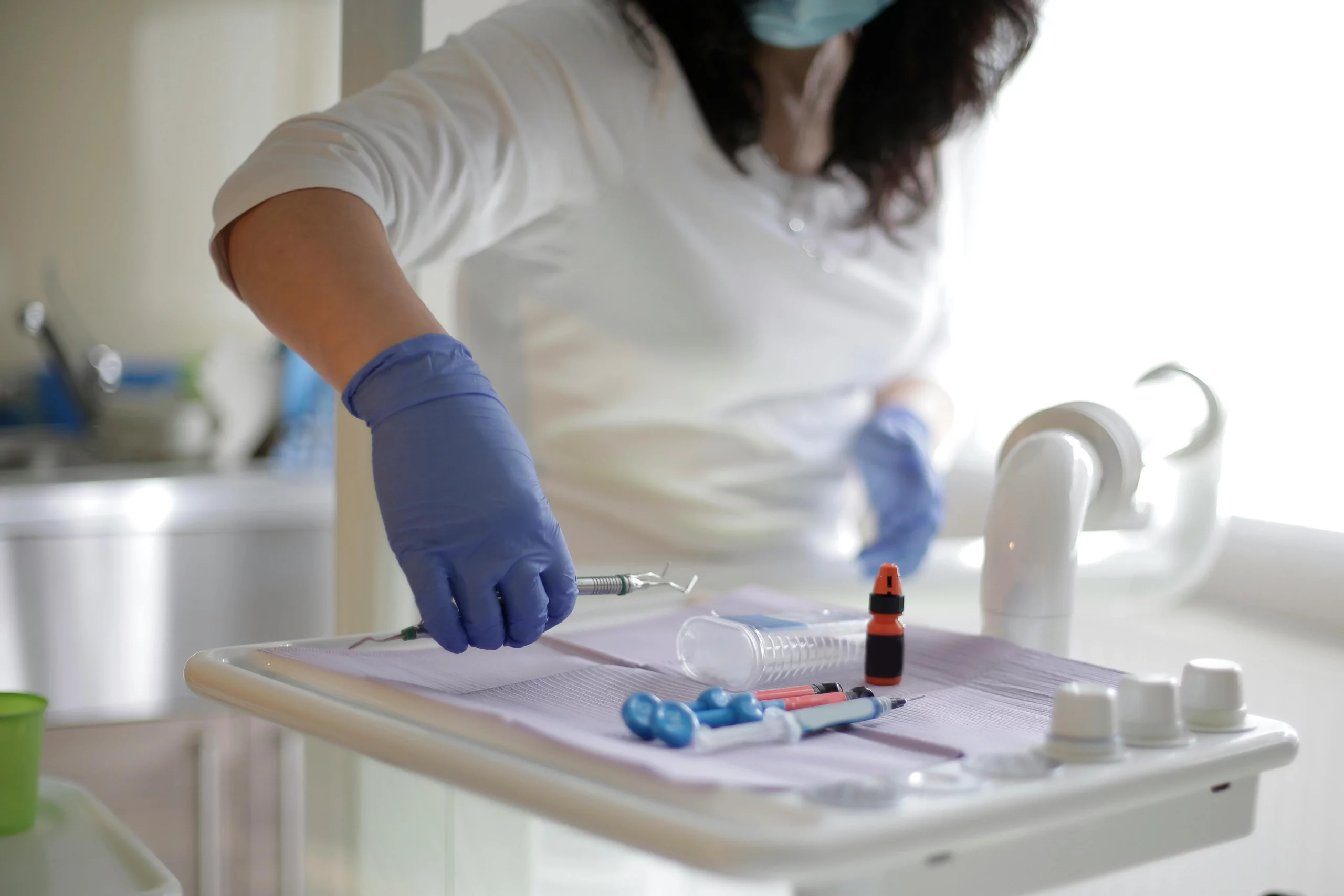What is an Analytical Chemist?
An Analytical Chemist is a scientific professional specializing in the qualitative and quantitative analysis of chemical substances and materials. Analytical Chemists utilize a variety of techniques, instruments, and methodologies to characterize and identify compounds, assess product quality, and investigate chemical properties. Their work spans various industries, including pharmaceuticals, environmental monitoring, food and beverages, and materials science, contributing to product development, process improvement, and regulatory compliance.
Analytical Chemist Job Description
Are you passionate about applying analytical techniques to solve complex problems in chemistry, pharmaceuticals, and materials science? If so, we’re seeking dedicated individuals to join our team as Analytical Chemists. As essential members of our research and development team, successful candidates will play a pivotal role in conducting analytical testing, interpreting data, and driving scientific innovation to support our organization’s objectives.
As an Analytical Chemist, you will have the opportunity to collaborate with interdisciplinary teams of scientists, engineers, and technicians to conduct experiments, analyze data, and generate insights that drive scientific discovery and technological advancement.
The ideal candidate will possess a strong background in analytical chemistry, proficiency in analytical instrumentation, and a passion for scientific inquiry and problem-solving.
What Does an Analytical Chemist Do?
Analytical Method Development:
- Develop and validate analytical methods and procedures for the qualitative and quantitative analysis of chemical compounds, including chromatography, spectroscopy, and mass spectrometry techniques, to support research and development projects and ensure compliance with regulatory standards.
- Optimize experimental conditions, instrument parameters, and data acquisition protocols to enhance method sensitivity, accuracy, precision, and robustness for specific analytical applications and sample matrices.
Sample Preparation and Analysis:
- Prepare samples for analysis using various techniques, such as extraction, digestion, filtration, and dilution, to isolate target analytes from complex matrices and ensure sample integrity and homogeneity.
- Perform analytical testing and characterization of samples using a wide range of analytical techniques and instrumentation, including HPLC, GC, FTIR, UV-Vis, NMR, and ICP-MS, to determine chemical composition, identify impurities, and assess product quality.
Data Interpretation and Reporting:
- Analyze experimental data, interpret results, and draw conclusions based on scientific principles, statistical analysis, and quality control criteria to support research findings, troubleshoot analytical issues, and guide decision-making processes.
- Prepare technical reports, laboratory notebooks, and documentation of experimental procedures, results, and conclusions in compliance with regulatory requirements, industry standards, and internal protocols.
Instrument Maintenance and Calibration:
- Maintain analytical instruments and equipment in proper working condition by performing routine maintenance, troubleshooting instrument malfunctions, and calibrating instruments according to manufacturer specifications to ensure data accuracy and instrument reliability.
- Evaluate instrument performance, monitor quality control parameters, and implement corrective actions as needed to address deviations, minimize variability, and maintain analytical accuracy and precision.
Quality Assurance and Compliance:
- Ensure compliance with laboratory safety procedures, good laboratory practices (GLP), and regulatory requirements, such as FDA, EPA, and ISO standards, to maintain data integrity, sample traceability, and laboratory accreditation.
- Participate in internal audits, proficiency testing, and quality assurance activities to assess laboratory performance, identify areas for improvement, and implement corrective and preventive actions to enhance operational efficiency and data quality.
How Much Do Analytical Chemists Make?
The average analytical chemist salary in the USA is $61,370 per year or $29.51 per hour. Entry level positions start at $50,700 per year while most experienced workers make up to $97,812 per year.
Skill Requirements
- Analytical Techniques: Analytical Chemists must possess expertise in a variety of analytical techniques, including chromatography, spectroscopy, and mass spectrometry, to conduct qualitative and quantitative analysis of chemical compounds and materials.
- Instrumentation Proficiency: Analytical Chemists should have proficiency in operating and troubleshooting analytical instrumentation, such as HPLC, GC, FTIR, UV-Vis, NMR, and ICP-MS, to perform analytical testing and data analysis efficiently and accurately.
- Data Analysis and Interpretation: Analytical Chemists must have strong data analysis skills and the ability to interpret experimental results, perform statistical analysis, and draw meaningful conclusions to support research findings and guide decision-making processes.
- Problem-Solving and Troubleshooting: Analytical Chemists should demonstrate problem-solving skills and the ability to troubleshoot analytical issues, optimize experimental conditions, and implement corrective actions to address deviations and ensure data quality.
- Regulatory Compliance Knowledge: Analytical Chemists must have knowledge of laboratory safety procedures, good laboratory practices (GLP), and regulatory requirements, such as FDA, EPA, and ISO standards, to ensure compliance with quality and safety standards.
Example KPIs for an Analytical Chemist
- Analytical Method Validation and Robustness: This KPI measures the validation and robustness of analytical methods developed by Analytical Chemists, including method accuracy, precision, linearity, and selectivity, to ensure method reliability and compliance with regulatory standards.
- Instrument Performance and Maintenance: This KPI evaluates the performance and maintenance of analytical instruments and equipment by Analytical Chemists, including instrument uptime, calibration status, and adherence to maintenance schedules, to ensure data accuracy and instrument reliability.
- Data Quality and Compliance: This KPI assesses the quality and compliance of analytical data generated by Analytical Chemists, including data accuracy, precision, completeness, and traceability, to ensure data integrity, regulatory compliance, and adherence to quality standards.
- Safety and Compliance: This KPI measures Analytical Chemists’ adherence to laboratory safety procedures, good laboratory practices (GLP), and regulatory requirements, such as FDA, EPA, and ISO standards, to ensure a safe working environment and compliance with quality and safety standards.
How Can Glider AI Help You with Hiring an Analytical Chemist?
Glider’s recruitment platform is designed to streamline the hiring process for Analytical Chemists by prioritizing competency over credentials. Utilize Glider AI Skill Intelligence™ to identify top-quality candidates, streamline candidate screening, and ensure a mobile-first, candidate-friendly experience.
Glider AI’s Unique Features
- Verify Medical Licenses
- Validate Hundreds of Medical, Clinical, and Technical Skills
- Ensure Hiring Compliance
- Conversational Chatbot for Talent Screening
- Powerful candidate analytics
- Streamline Healthcare Hiring with AI and Automation
Go ahead and spotlight your Analytical Chemist with Glider AI today!
Schedule a Demo or contact us at info@glider.ai



